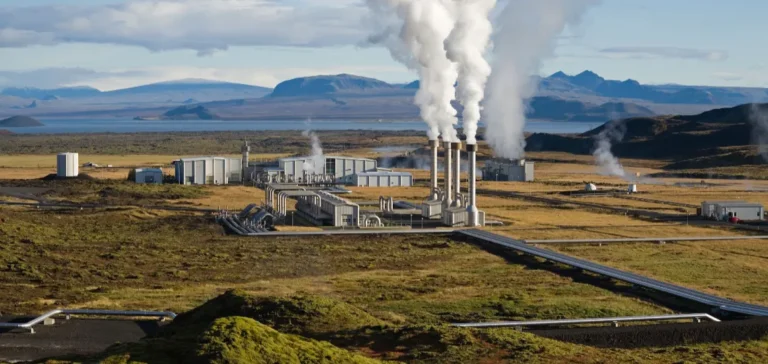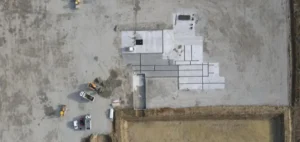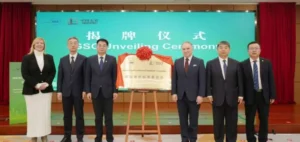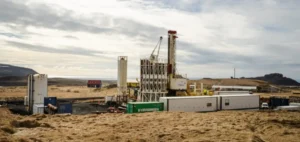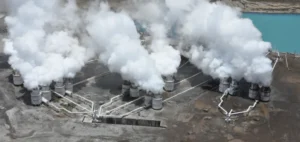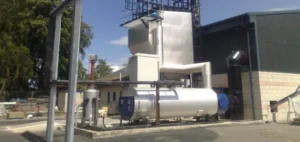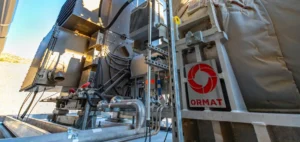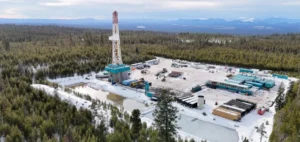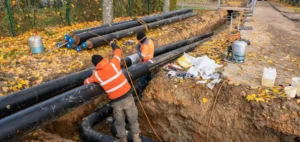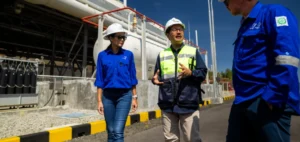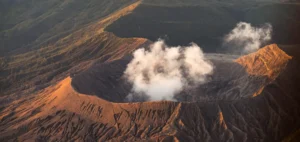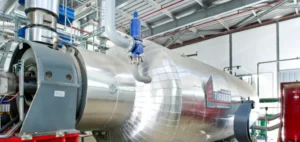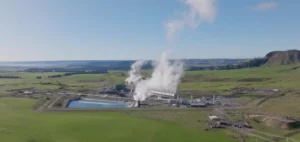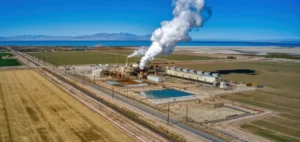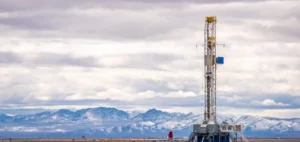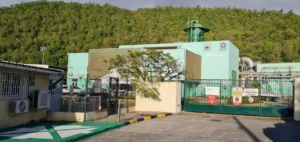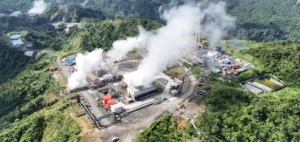The global geothermal market is projected to reach $14.5bn by 2034, up from $7.4bn in 2024, according to a report covering the 2025–2034 period. This annual growth rate of 7.0% is mainly based on expanded applications in industrial, residential and commercial sectors, as well as major technical innovations in resource exploration and exploitation.
Drilling technologies and operational efficiency
Advances in Enhanced Geothermal Systems (EGS), reservoir management, and thermal extraction techniques have reduced operating costs and increased energy output. These improvements make geothermal energy more competitive with fossil fuels, especially in areas with accessible resources.
Dry steam, flash steam, or binary cycle power plants are deployed based on geological conditions, offering flexibility to match local environments. However, exploration remains risky, and drilling can cost several million dollars per well, a major factor limiting rapid expansion.
Investment costs and entry barriers
The main obstacle remains the high upfront cost of projects, especially during the exploration phase. Unlike wind or solar projects, geothermal installations require extensive geological surveys and test drilling, with no guarantee of success. These technical uncertainties discourage private investors and extend return-on-investment timelines.
The construction of steam collection and transport infrastructure adds to the financial burden. As a result, the geothermal market often relies on alternative financing sources or public support mechanisms to reduce early-stage risks.
Regulatory frameworks and international standards
Several regulatory frameworks support sector development. In Europe, the Renewable Energy Directive (2018/2001) sets binding targets that favour geothermal integration. In the United States, the Department of Energy supports projects through guidelines and incentives under the Energy Policy Act.
Installations must also comply with environmental laws such as the Clean Air Act and the European Environmental Impact Assessment Directive (2011/92/EU). ISO standards govern technical and safety aspects, including geothermal drilling and plant operations.
Financing and growth outlook
Capital mobilisation through green bonds, climate funds, or public–private partnerships supports new project development. These funds improve access to technology in emerging markets and encourage countries with high geothermal potential to diversify their energy mix.
Companies such as Yokogawa Electric Corporation, Ormat Technologies, and Enel Spa are actively contributing to market growth through pilot projects and integrated technology solutions. In 2022, Yokogawa completed the installation of an IoT-based remote monitoring system at the Olkaria geothermal complex in Kenya, illustrating ongoing innovation for performance management.


